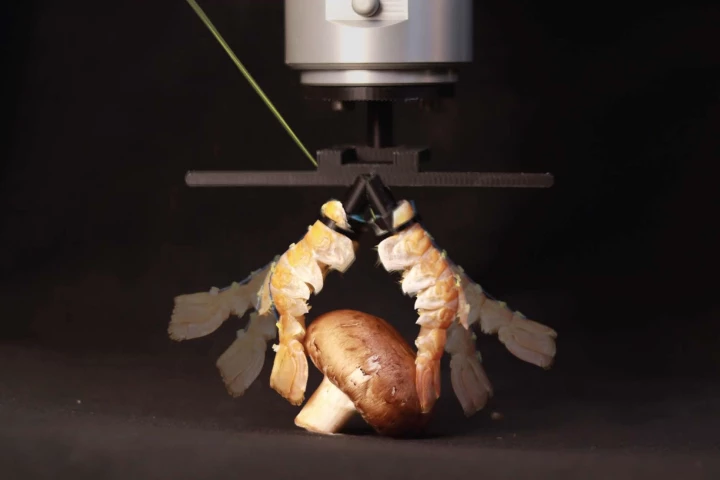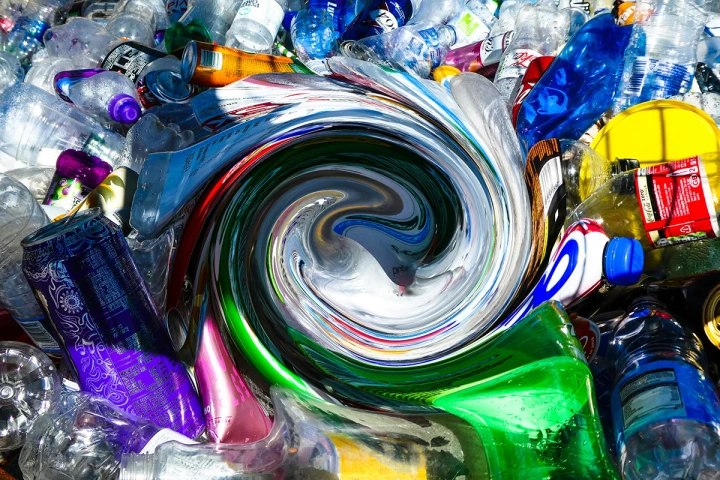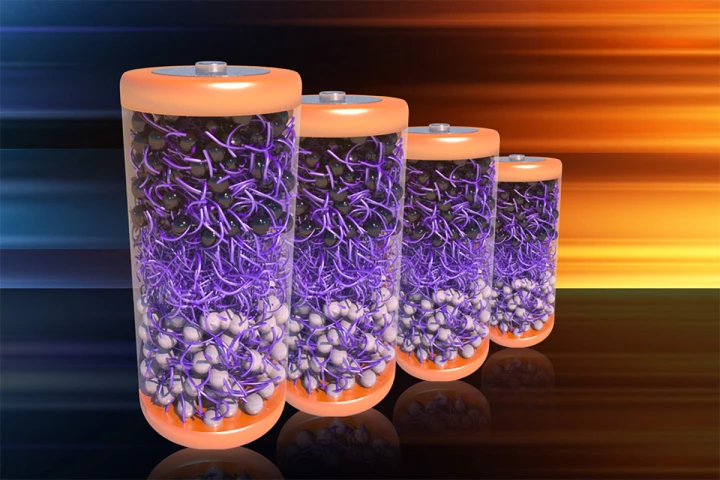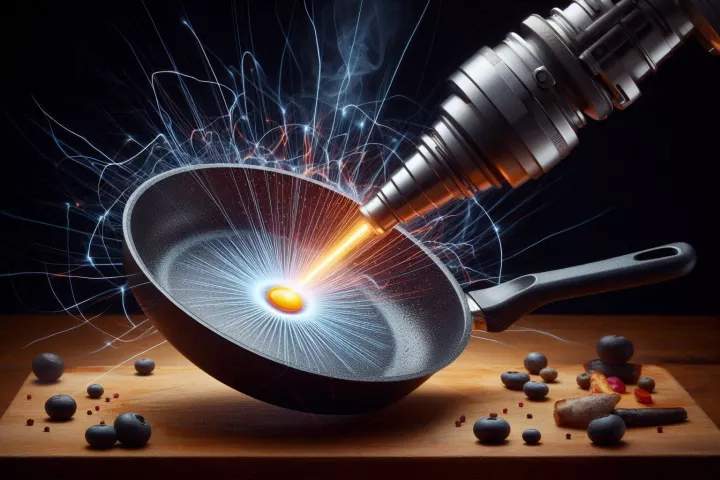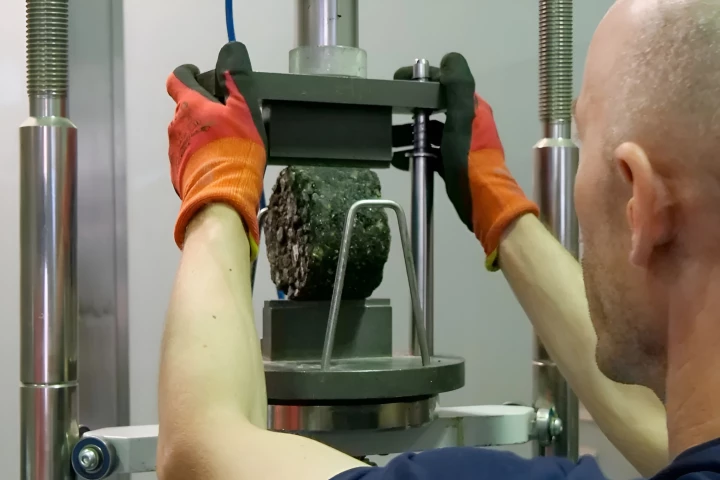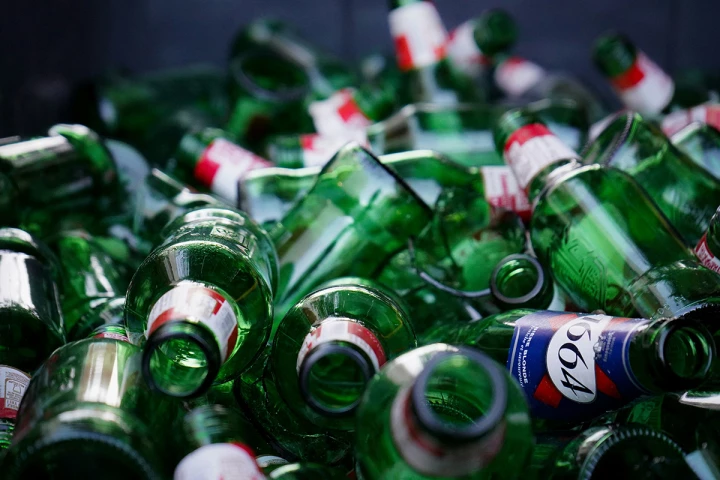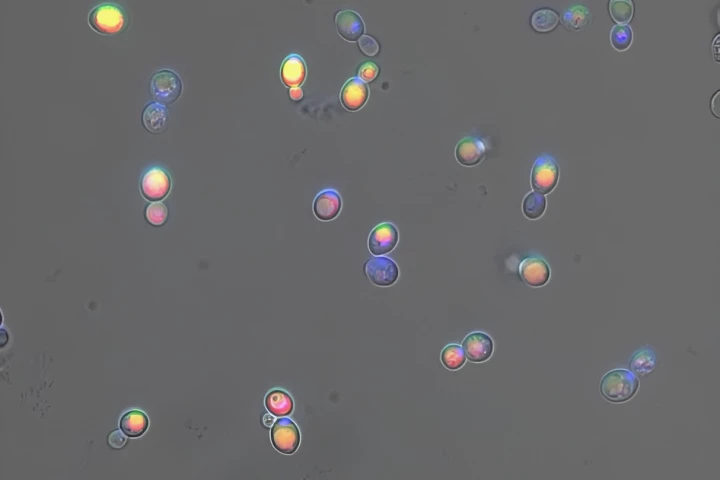Recycling
-
A new method “recharges” battery waste material to release lithium. It eliminates the need for harsh chemicals and energy-intensive smelting, offering a valuable path for green energy transition.
-
The tons of discarded mussel shells generated by the seafood industry may be organic, but they're still very slow to biodegrade in landfills. They may soon find new life, however, sandblasting jeans in the textile industry.
-
An experimental robotic gripper from Switzerland’s École Polytechnique Fédérale de Lausanne (EPFL) utilizes a pair of lobster tails as twin fingers. Because it uses actual animal tissue, this “hand” isn’t bio-mimicked. It’s bio-derived.
-
While lithium extraction technologies generally focus on ways to get the essential metal out of the ground, there's another source to mine: existing batteries that no longer work. A new technique could now make that process economically viable.
-
What we think of as polyester fabric is most often actually a blend of polyester and cotton, which has proven very difficult to recycle. A new solvent, however, breaks the blend down into its two components, leaving both almost completely reusable.
-
An inexpensive catalyst that selectively breaks down the most common single-use plastics in recycling processes negates the need for tedious and expensive sorting. This could give recycling the nudge it need to keep pace with plastic production.
-
A more sustainable electrolyte made from a class of molecules as strong as stable as the Kevlar that goes into bulletproof vests could soon make it easier than ever to recycle EV batteries – and a whole lot more eco-friendly too.
-
Ever wonder what happens to those old Teflon-coated frying pans? Not a lot. Most get chucked into landfills. However, a new recycling technique developed by Japan's National Institutes for Quantum Science and Technology (QST) promises 100% effectiveness.
-
While we're used to seeing cigarette butts littering public roads, such butts may soon be making their way into those roads, strengthening them in the process. It's all part of a recycling effort, which should also reduce the need for road repairs.
-
Researchers at the University of Portsmouth in the UK have developed a way to use powdered discarded glass in building blocks for construction, which could make this versatile material a lot more sustainable.
-
Pirelli has launched its first full production tires with over 70% bio-based and recycled materials. The new line of P Zero tires was developed for Jaguar Land Rover, and include Forest Stewardship Council certification for natural rubber.
-
There may be a new use for that urine you've been so thoughtlessly flushing. Scientists say it could be an alternate source of a valuable bone- and tooth-repair material, with a little help from a genetically modified type of yeast.
Load More


